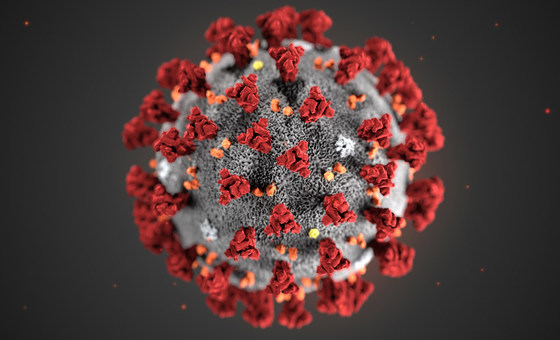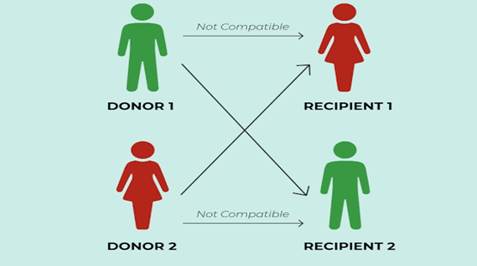Malaria remains endemic in 83 countries, global health agencies raise concern

NEW DELHI: Malaria continues to be a pressing global health challenge, remaining endemic in 83 countries and territories, according to the latest data released by the World Health Organization (WHO) and global health partners. Despite decades of efforts to eradicate the mosquito-borne disease, millions remain at risk, with sub-Saharan Africa continuing to bear the brunt of the burden.
The WHO’s World Malaria Report 2024 revealed that an estimated 249 million cases of malaria were recorded globally in 2023, a rise from 247 million the previous year. The disease was responsible for approximately 608,000 deaths, with children under five accounting for nearly 80% of all malaria fatalities.
Geographical Spread and Hotspots
The majority of malaria-endemic countries are concentrated in Africa (39 countries), followed by Asia (13 countries), the Americas (18 countries), and regions in the Eastern Mediterranean and Western Pacific. Nigeria, the Democratic Republic of Congo, Uganda, Mozambique, and Niger collectively accounted for nearly 50% of global malaria cases.
In Asia, countries such as India, Pakistan, Indonesia, and Papua New Guinea continue to report substantial case numbers, though progress in some regions, like Southeast Asia, has slowed due to insecticide resistance and climate-related challenges.
Climate and Conflict Amplifying Threat
Experts warn that climate change is contributing to the expansion of malaria zones, with rising temperatures and changing rainfall patterns creating new breeding grounds for the Anopheles mosquito vector. Additionally, conflict zones and humanitarian crises—including those in Sudan, Gaza, and parts of the Sahel—have disrupted malaria control programs, leading to surges in cases and fatalities.
Setbacks and Progress
While some countries have achieved malaria-free status—like China (2021), El Salvador (2021), and Azerbaijan (2023)—others are facing setbacks. Health infrastructure disruptions due to COVID-19, funding shortfalls, and resistance to drugs and insecticides are reversing previous gains.
"The persistence of malaria in over 80 countries is a clear sign that we cannot afford to be complacent," said Dr. Tedros Adhanom Ghebreyesus, Director-General of WHO. “The world must renew its commitment to defeating malaria through sustained investments, innovation, and global solidarity.”
India’s Challenge and Commitment
India remains one of the most malaria-endemic countries in the Southeast Asia region, although the government’s National Framework for Malaria Elimination (NFME) aims to make India malaria-free by 2030. The Ministry of Health and Family Welfare reported a 65% decline in malaria cases between 2015 and 2022, but pockets of high transmission still persist in tribal and rural regions.
Dr. Chandra Sekhar Pemmasani, Minister of State for Health, reaffirmed India’s commitment: “We are intensifying surveillance, treatment, and awareness campaigns, especially in high-burden states. With the support of partners like WHO and the Indian Council of Medical Research (ICMR), we remain resolute in eliminating malaria within this decade.”
The Road Ahead
Global health agencies are calling for:
- Increased funding for research, vaccines, and new treatment strategies.
- Deployment of next-generation insecticide-treated nets and new antimalarial drugs.
- Expansion of pilot programs for RTS,S/AS01 (Mosquirix) and other vaccines under development.
- Stronger cross-border collaboration, especially in Africa and South Asia.
- The WHO estimates that an annual investment of $7.8 billion is needed to meet global malaria reduction targets. Current funding stands at $4.1 billion, leaving a significant shortfall.
Without immediate and coordinated action, experts warn, malaria could become more entrenched and harder to control—reversing decades of hard-won progress.










